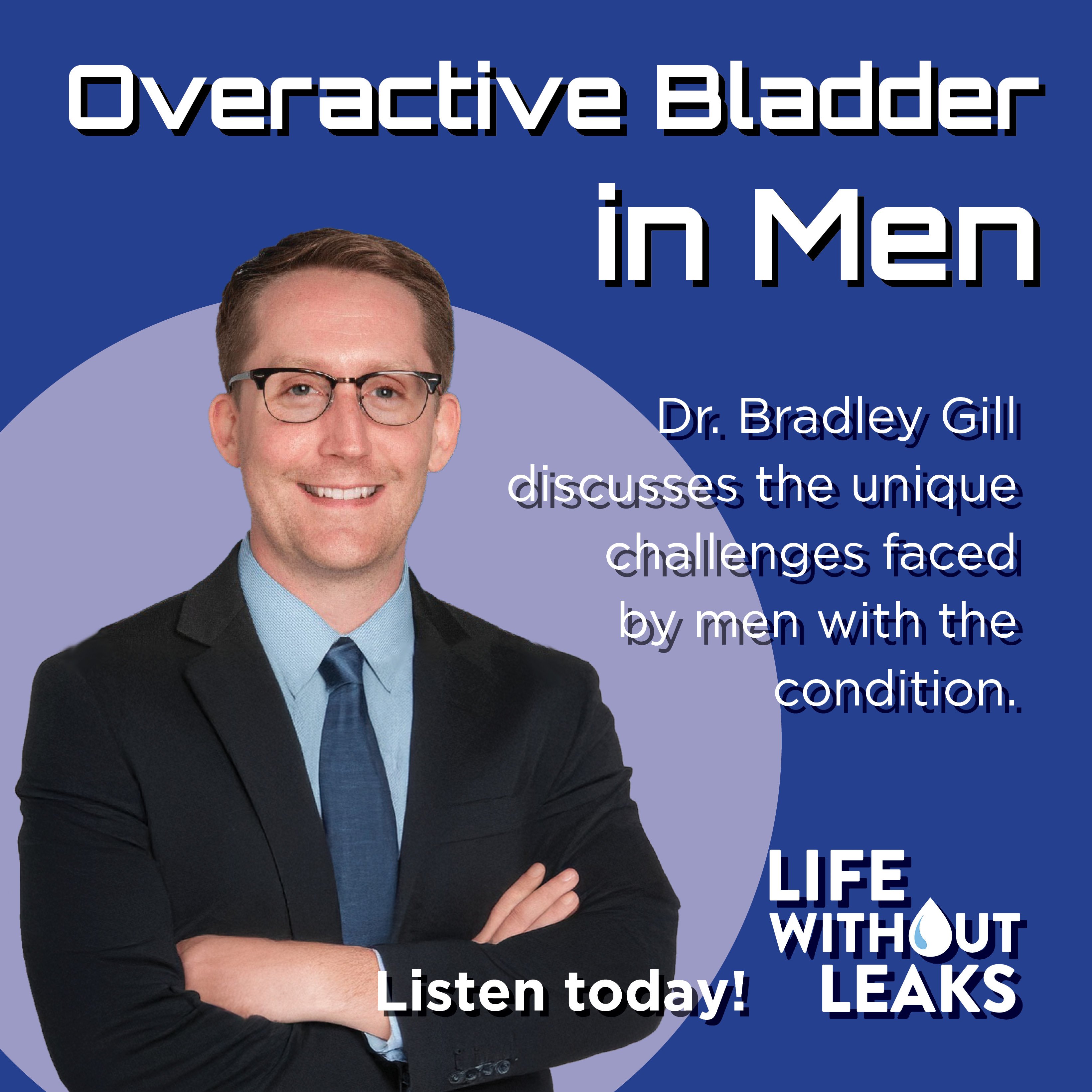Talking To Your Doctor About ABL
JOIN OUR NEWSLETTER
Receive custom tools to help you manage your condition and get the latest in bladder and bowel health from NAFC!
ASSESSING SYMPTOMS OF BOWEL CONTROL PROBLEMS
If you or someone you know is experiencing Accidental Bowel Leakage (ABL), they should discuss their symptoms with their healthcare provider. Talking with your healthcare provider is an important step in determining the appropriate treatment for you. To help you to begin a dialogue with your health care provider, fill out this brief conversation starter, from The Healthy Mature Living Foundation, print it out, and take it with you to your next appointment. This tool should help you to inform your doctor of the symptoms you have been experiencing, when you experience them, and how bothered you are by them.
At the initial visit, be prepared to supply a detailed history of medical problems, medications, surgeries, childbirth history, and stool leakage. Be prepared to explain your bowel control problems to your physician.
ABL varies from person to person
Some individuals feel a sudden, urgent need to have a bowel movement and leakage occurs when they do not reach the toilet in time. This is called urgency bowel leakage. Other people may experience no sensation before passing a stool, known as passive incontinence, or they may pass a small amount of stool while passing gas. Others may experience both kinds of leakage.
The level of severity of your ABL can be determined by classifying your symptoms such as, frequency, the description of your stool, and the amount of leakage during these episodes.
Light to Moderate ABL: 90% of women and men have light to moderate leakage
Severe ABL: 10% of women and men have severe leakage
Keeping a record of bowel movements and leakage episodes, as well as symptoms prior to your appointment with your physician will be helpful. Be prepared for the possibility of physical diagnostic procedures and blood testing. Diagnosis is the key to finding an effective treatment.
Depending on your evaluation and the severity of symptoms, your physician may refer you to one of the following specialists:
Colorectal Surgeon: specializes in colon, rectum, pelvic floor dysfunction, and anal disorders
Urogynecologist: specializes in pelvic floor dysfunction in women
Gastroenterologist: specializes in digestive and intestinal system
RELATED ARTICLES

Customer Favorites: Adult Products For Bedwetting
Adult nighttime bedwetting can rob a person of precious sleep. It can take time stripping the bed and washing sheets, it’s disruptive to other family

Overactive Bladder in Men
Despite being incredibly common, Overactive Bladder is something that isn’t talked about nearly enough, and that’s especially true when it comes to men. Today’s guest is Dr. Bradley Gill, chief of surgery at Cleveland Clinic Hillcrest and Mentor Hospitals and a board-certified urologist, and he’s here to help us understand about the unique ways it impacts men’s lives and what can be done about it.

Learning To Accept You Have Incontinence
Over 25 million Americans live with urinary incontinence, which is defined as the involuntary leakage of urine from the bladder. There are many treatment options

Prostate Cancer: The Case For Watchful Waiting
Prostate cancer is one of the leading cancer causes of death in men in the US. The American Cancer Society estimates that approximately 1 in


